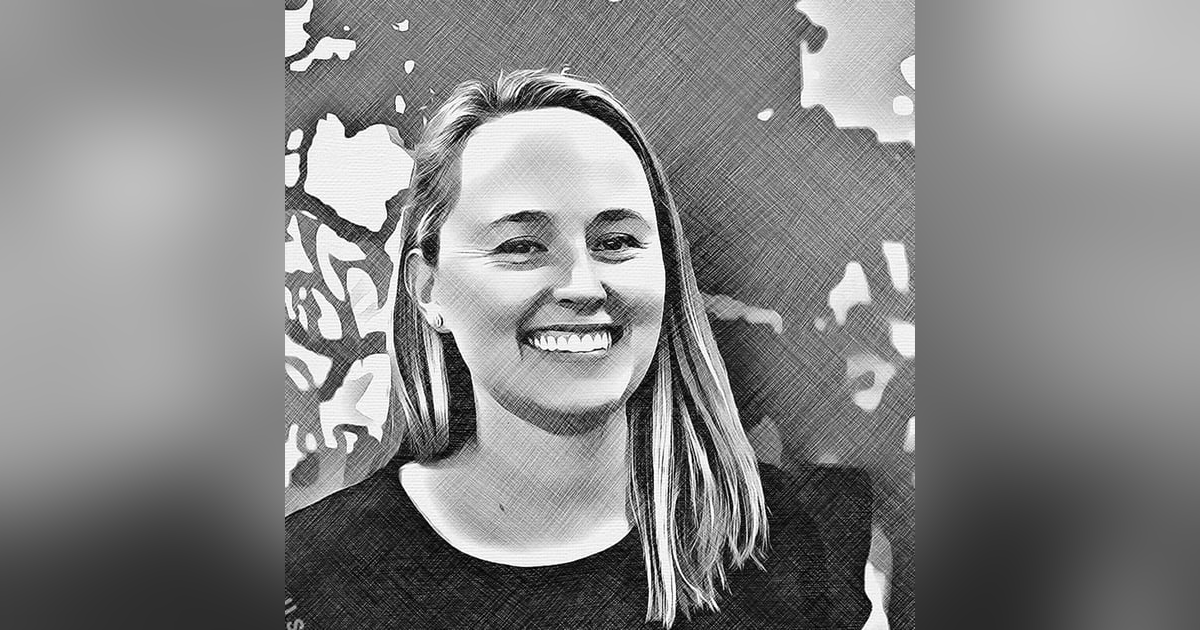#44: The C-word. With Dr Penny Thomas.

Dr Penny Thomas’ career has taken her from working as a nurse in a specialist clinic while she was doing her vet degree, to a stint in mixed practise after graduating from the University of Sydney in 2011, and all the way to gaining registration as a Specialist in Veterinary Oncology in 2019. Penny is a member of the Veterinary Cancer Society and has also obtained her Memberships of the Australian College of Veterinary Scientists in small animal medicine. She has a keen interest in haematological cancers and has published papers on multiple myeloma, anal sac cancer in cats and chemotherapy for T cell lymphoma in dogs, and is a regular participant in continuing education talks to general practitioners.
On her journey to becoming a specialist Penny did a 2-year internship programme followed by a residency at SASH in Sydney. During her training, she spent time at Colorado State University, the University of Madison Wisconsin, The Chris O’Brien Lifehouse and the Animal Health Trust in the UK.
And it’s this part of her career - the internship years - where we start our conversation with Penny. She talks us through the decision-making process around whether doing an internship is for you, and gives us advice on what to look for in a good internship programme, and how to choose the RIGHT internship programme.
As usual, the conversation strays into all sorts of interesting places, like masochistic work cultures where working crazy hours is worn like a badge of honour, helping your clients make end-of-life decisions for their animals, and we talk about the risk of having pre-conceived ideas around what is best for our patients without giving our clients ALL of the options and making decisions for them. And of course, we have to dig into what it’s like being a veterinary oncologist - all the good and all the bad and all the stuff that you probably didn’t know.
Enjoy!
If you like listening to Penny then you should definitely check out the oncology series that we're doing with her over on the medicine stream on The Vet Vault Clinical. We started with a 3 part series on mast ell tumours that has answered all of the questions I’ve had for decades about these often tricky cancers, including a run-down of all the newest therapies that are becoming available to us.
Our clinical podcasts live at https://vvn.supercast.tech/ with a free 2-week trial when you subscribe.
Go to https://thevetvault.com/podcasts/ for the show notes and to check out our guests’ favourite books, podcasts and everything else we talk about in the show.
We love to hear from you. If you have a question for us or you’d like to give us some feedback please leave us a voice message by going to our episode page on the anchor app (https://anchor.fm) and hitting the record button, via email at thevetvaultpodcast@gmail.com, or just catch up with us on Instagram. (https://www.instagram.com/thevetvault/)
Andf you like what you heard then please share the love by clicking on the share button wherever you’re listening and sending a link to someone who you know will enjoy listening.






